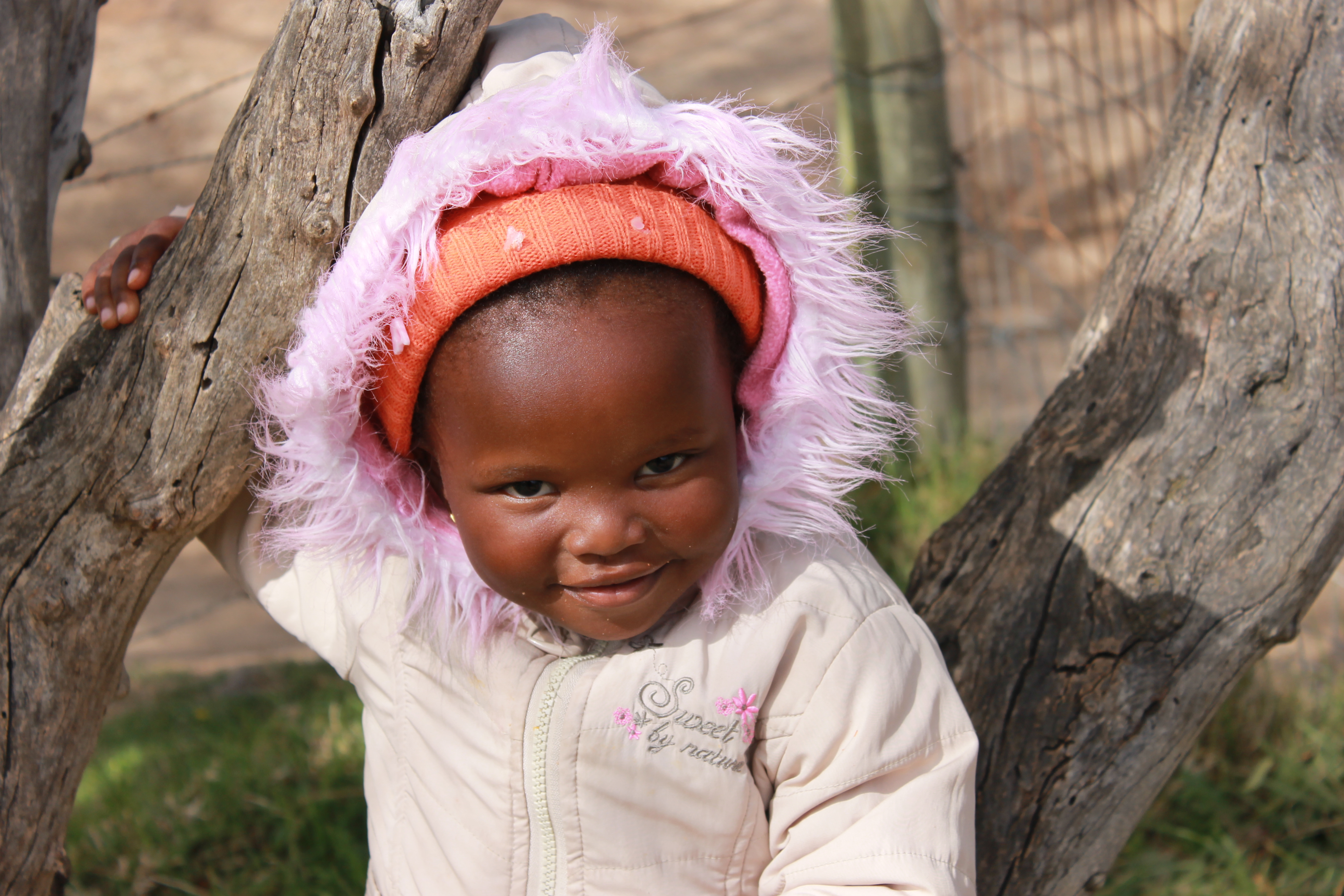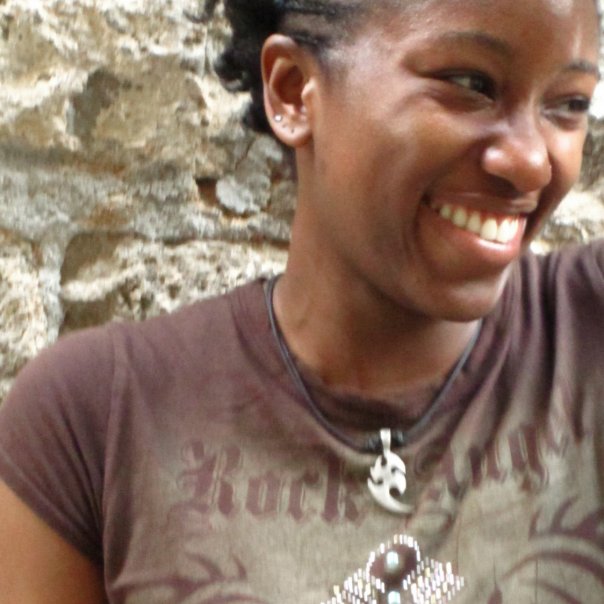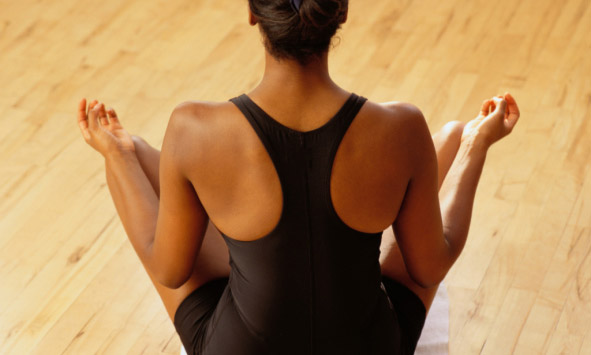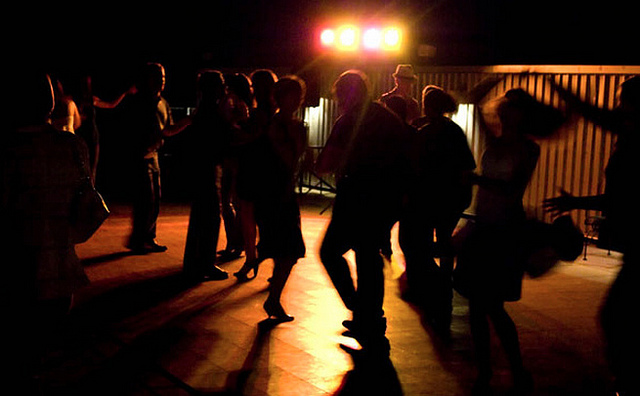A Black lesbian organic herbalist and entrepreneur, who specializes in women's wellness, just started a social venture mass manufacturing her signature organic elixir, HONEY & GOLD, described as a "pleasure and beauty tonic." Pleasure and beauty tonic? Please sign me up immediately.
-
-
Africans for Africa - Blog - Creative Corner - Organizations - Philanthropy - Special Series - Videos
[VIDEO] Africans for Africa Update: A Day at The Ibhabhathane Community Centre
I recently visited the Ibhabhathane Community Centre, the only pre-school available in Rieebeck East, a small farm village with a population of about 700 people. Needless to say, providing good quality education (much less early childhood development) is a challenge. But a small group of dedicated women are making a…
-
Advocacy - Africans for Africa - Afrofeminism - Announcements - Blog - Keynotes, Talks, and Presentations - LGBT Africa - My Work - Philanthropy - Special Series
Spectra Speaks on “The Power of Storytelling: LGBT History, The Media, and the African/Black Diaspora”
Are you affiliated with a college, university, or high school who's seeking speakers for the upcoming academic year? Are you a conference in search of an inspirational keynote speaker? A loyal reader of my blog? :) Check out my latest talk, "The Power of Storytelling: LGBT Rights, the Media, and…
-
Afrofeminism - Blog - Gender and LGBT Issues - Love and Afrofeminism - My Work - Self-Care and Self-Love - Special Series - Writing and Guest Blogging
Love and Afrofeminism: Is the Self Care Movement Individualist or Revolutionary?
Is the Self-Care Movement individualist or revolutionary? African culture prioritizes the welfare of the whole over the individual—perhaps too much so. But on the flipside, the individualism I’ve experienced in the US isn’t much better. Is balance between these two extremes even achievable?
-
Afrofeminism - Blog - Gender and LGBT Issues - Love and Afrofeminism - Special Series - The Political, Personalized - Writing and Guest Blogging
Love and Afrofeminism: Queer Bois and the Gendered Politics of Partner Dancing
Second post for my Love and Afrofeminism series for BITCH Magazine: "That my girl could mindlessly shimmy onto a dance floor even as a gay woman and enjoy the simple pleasure of a dance, go out with her straight friends to bars and not be stared at or called names,…
Online rulet oyunları gerçek zamanlı oynanır ve online slot casino bu deneyimi canlı yayınlarla destekler.
İnternet üzerinden eğlence bahsegel giriş arayanlar için deneyimi vazgeçilmezdir.
Kullanıcıların hesaplarına hızlı ve sorunsuz bettilt ulaşabilmesi için adresi her zaman güncel tutuluyor.




